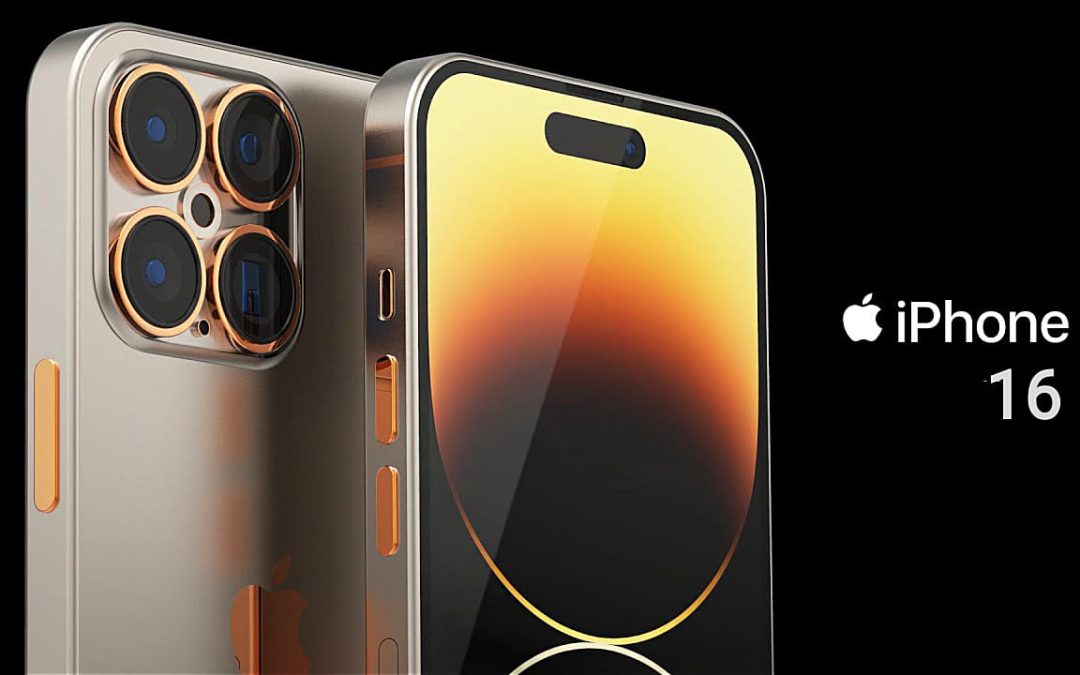Apple has unveiled the iPhone 16, its first AI-capable phone, but notably, the company avoided using the term “artificial intelligence” during the announcement.
AI Integration in the iPhone 16
On Monday, CEO Tim Cook introduced the iPhone 16, featuring new AI tools designed to enhance user experience. These include a smarter Siri, customizable emojis, and the ability to identify dog breeds through the camera. Despite the emphasis on AI capabilities, Apple chose not to mention “artificial intelligence” directly during the event.
Strategic Avoidance of AI Terminology
Apple’s avoidance of the term “AI” reflects a broader strategy to mitigate consumer skepticism. Studies have shown that describing products as “AI-powered” can deter potential buyers due to concerns about reliability and authenticity. Instead, Apple focused on “intelligent” features, aiming to present these tools in a more approachable and less technical manner.
Consumer Perception and Market Impact
Gene Munster, managing partner at Deepwater Asset Management, anticipates strong sales for the iPhone 16, despite the underwhelming nature of the AI features. Apple’s strategic delay in fully integrating AI aligns with its history of cautious innovation, ensuring that new technology meets consumer expectations before widespread adoption.
Conclusion
While the iPhone 16 introduces several AI-driven features, Apple’s decision to avoid explicitly labeling them as such highlights its understanding of consumer attitudes toward AI. By emphasizing the practical benefits of these features without the potentially off-putting AI label, Apple aims to continue its tradition of blending innovation with user-friendly design.

